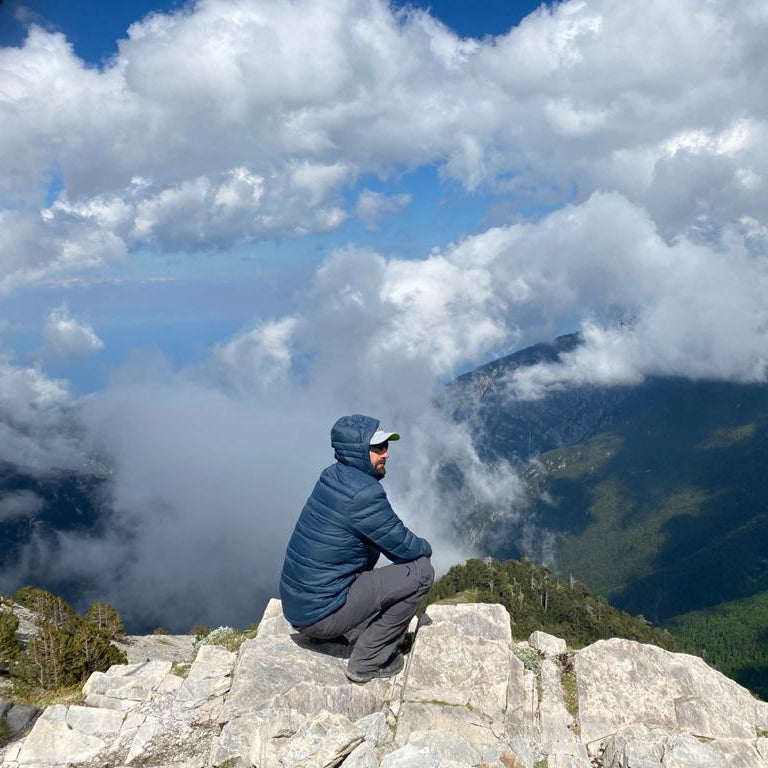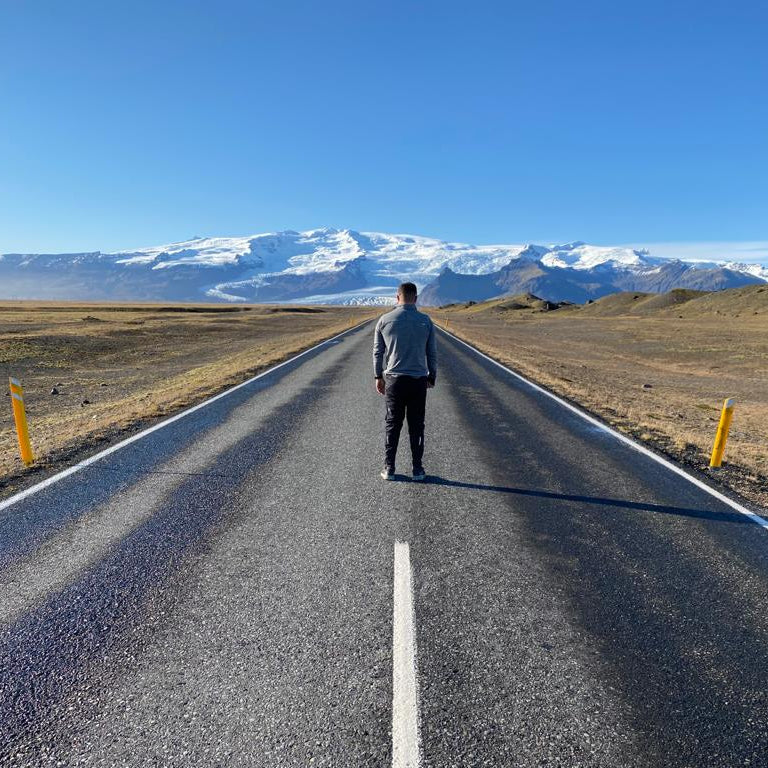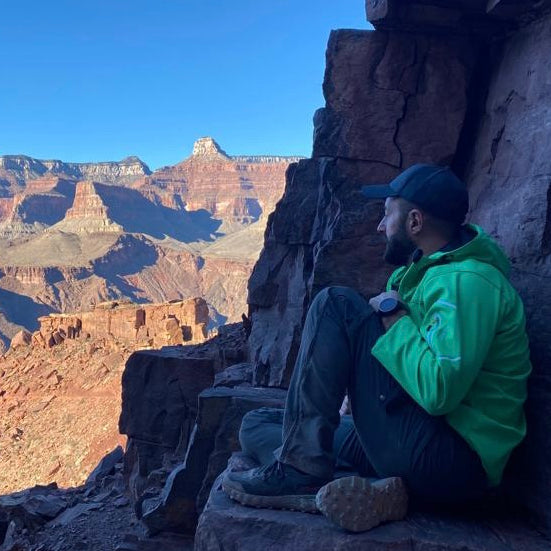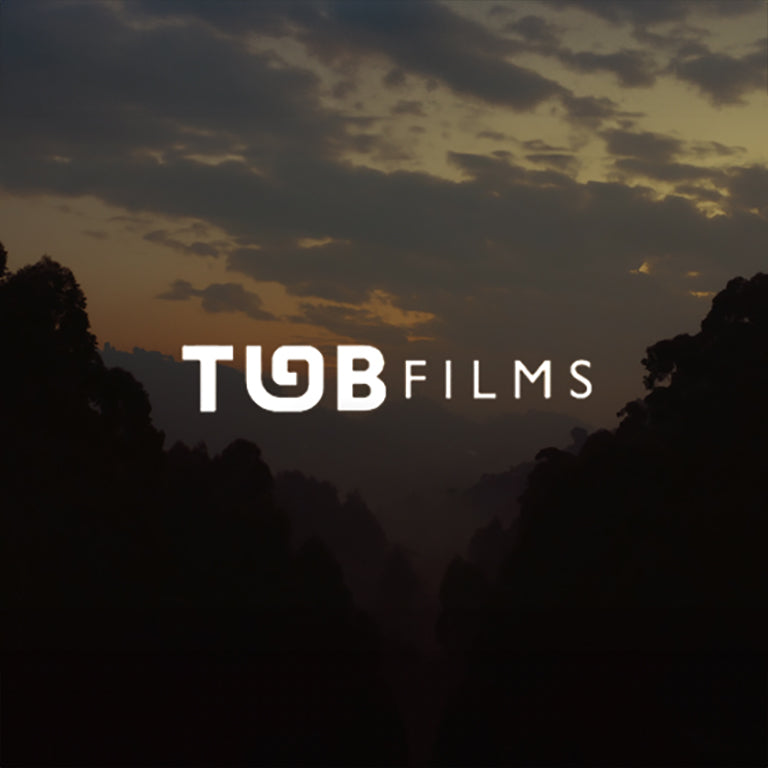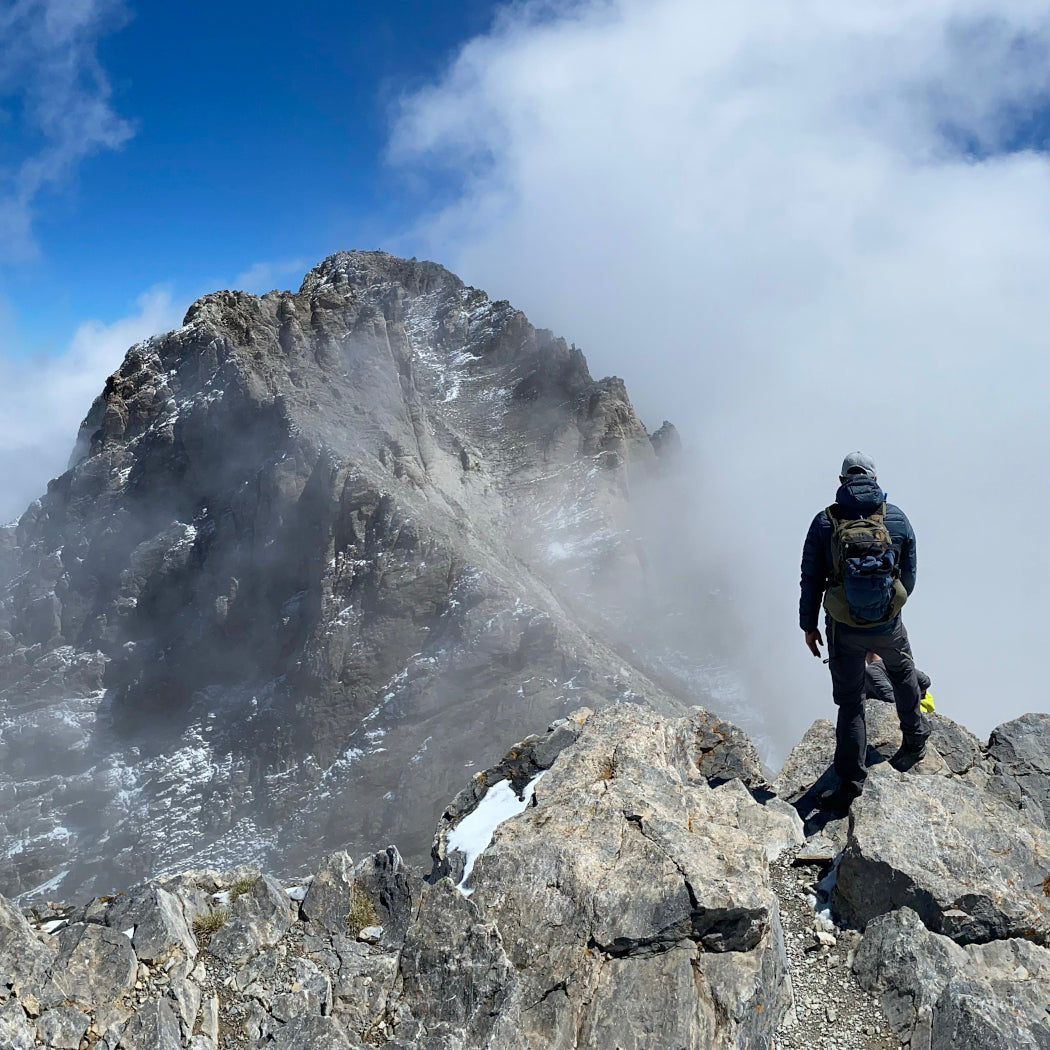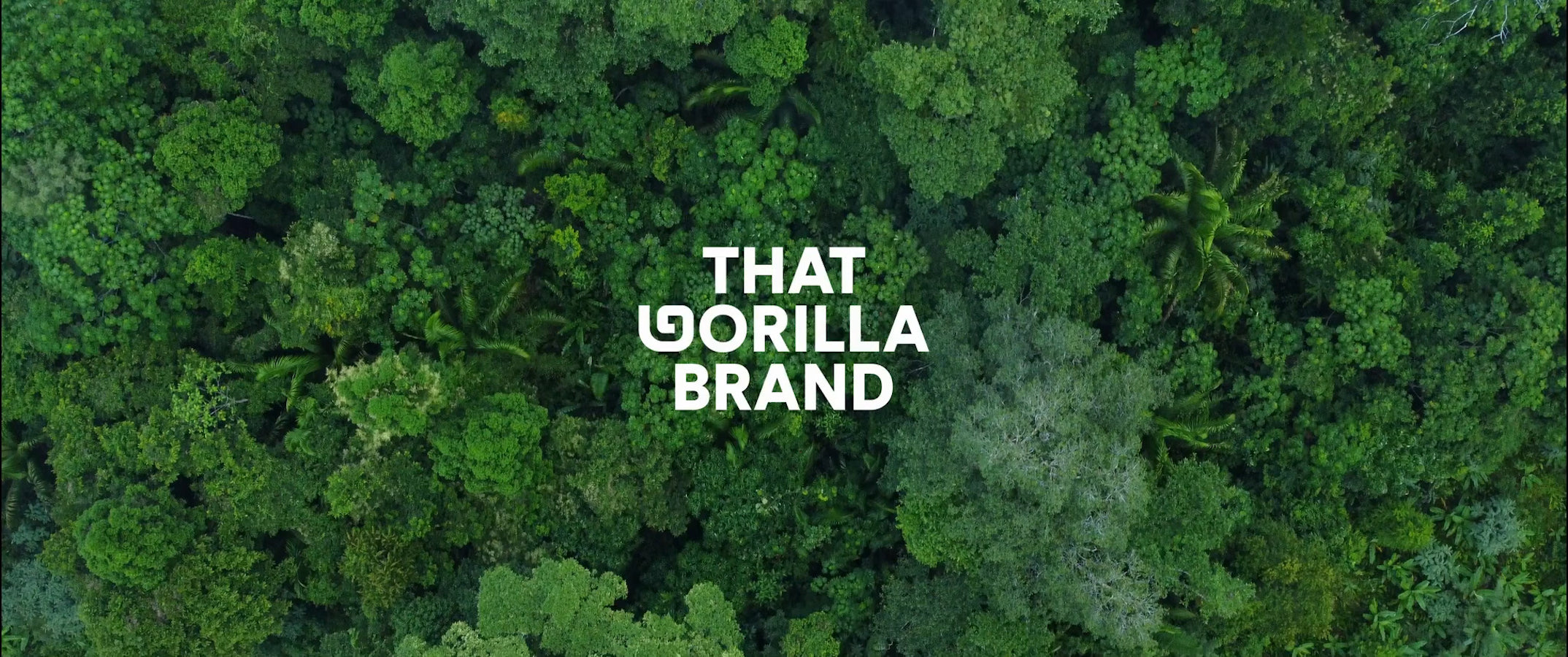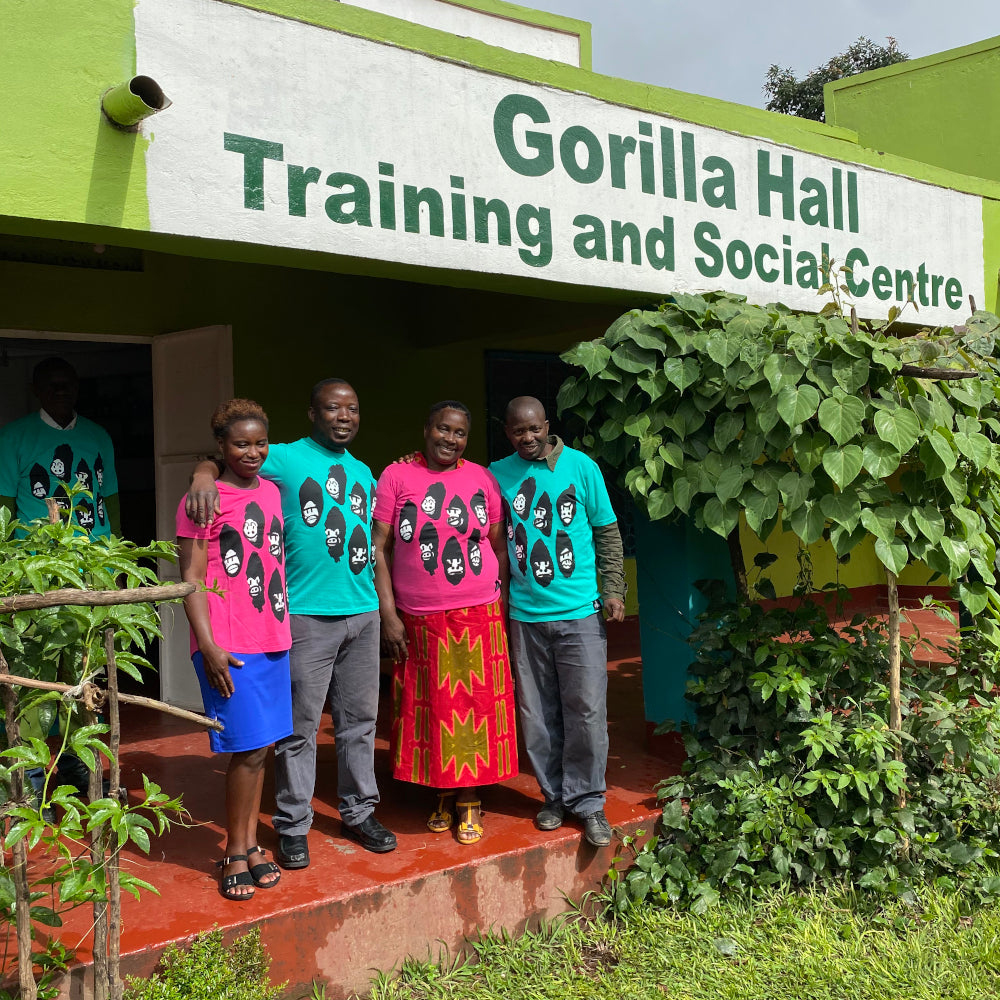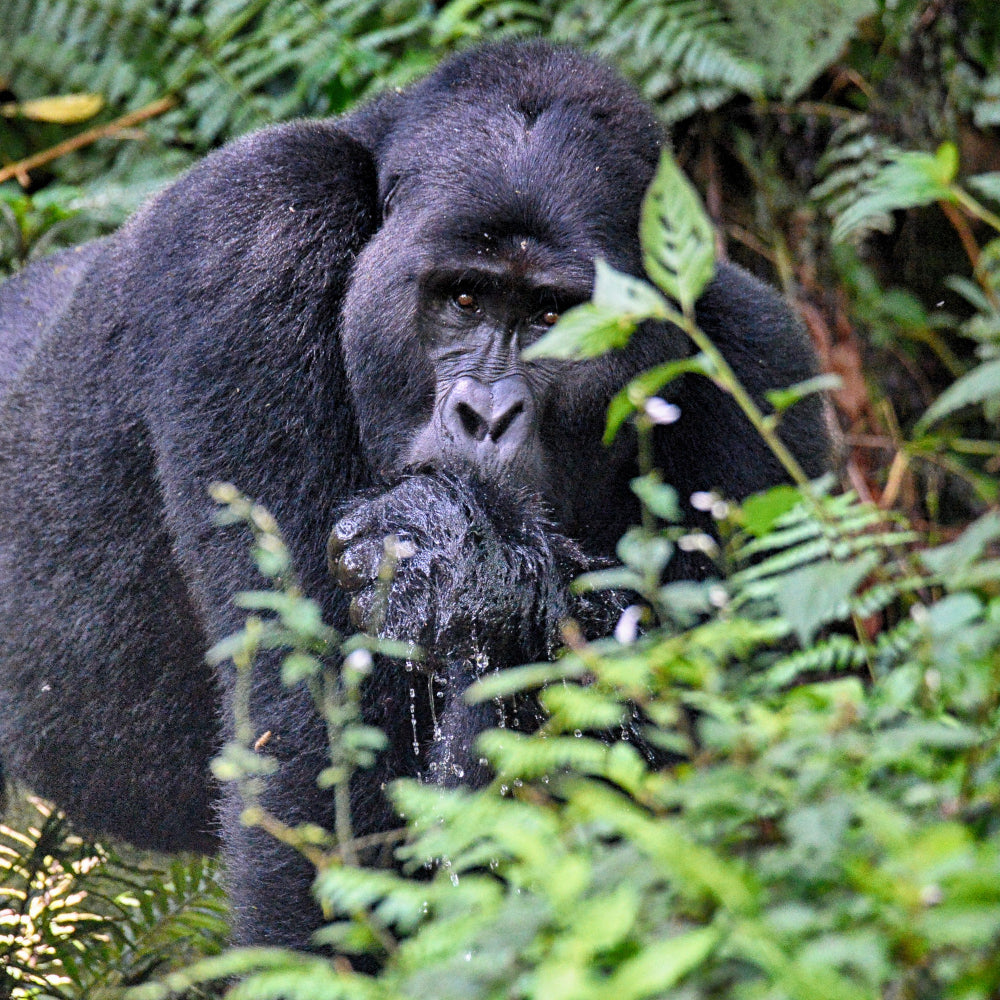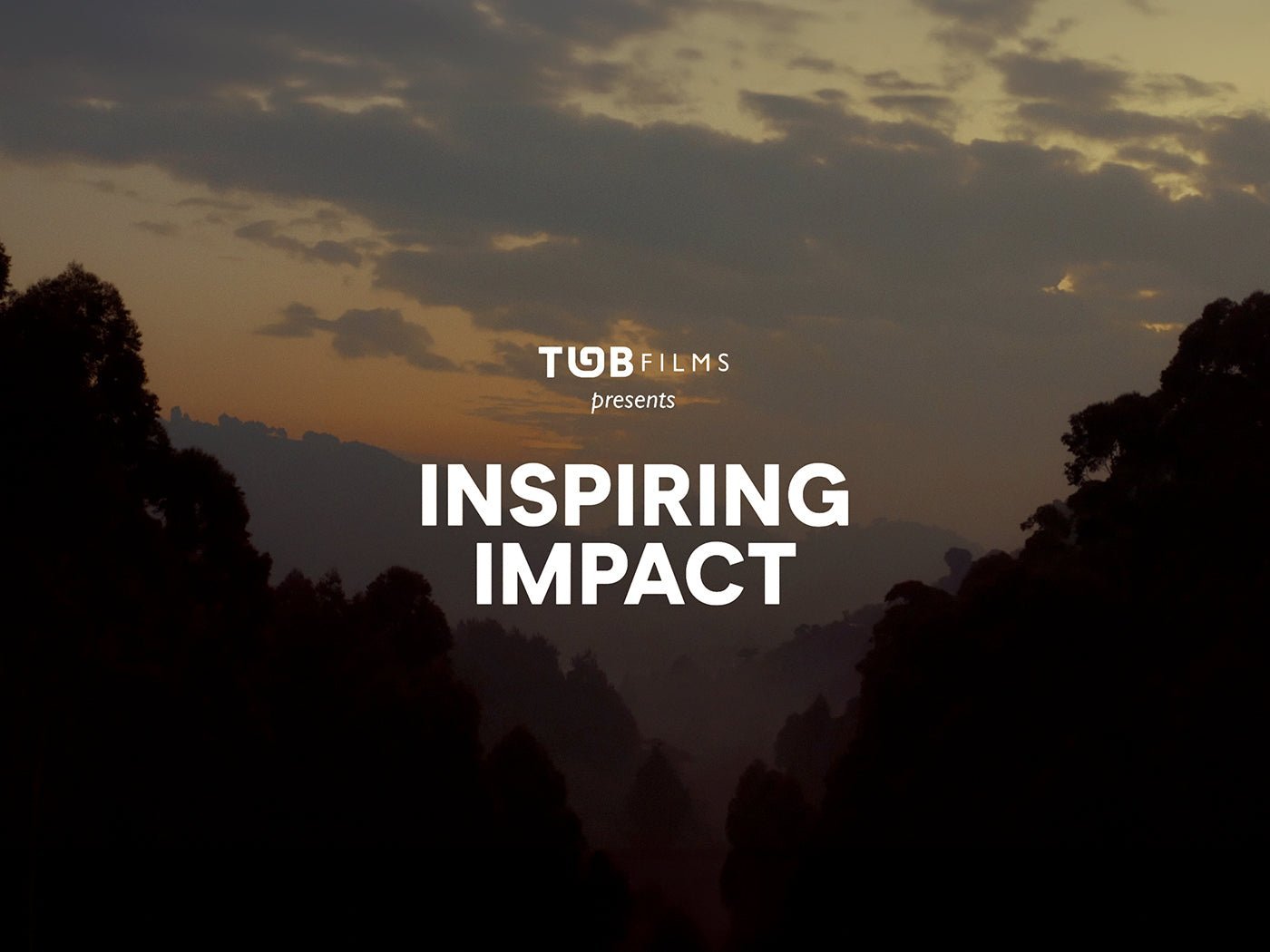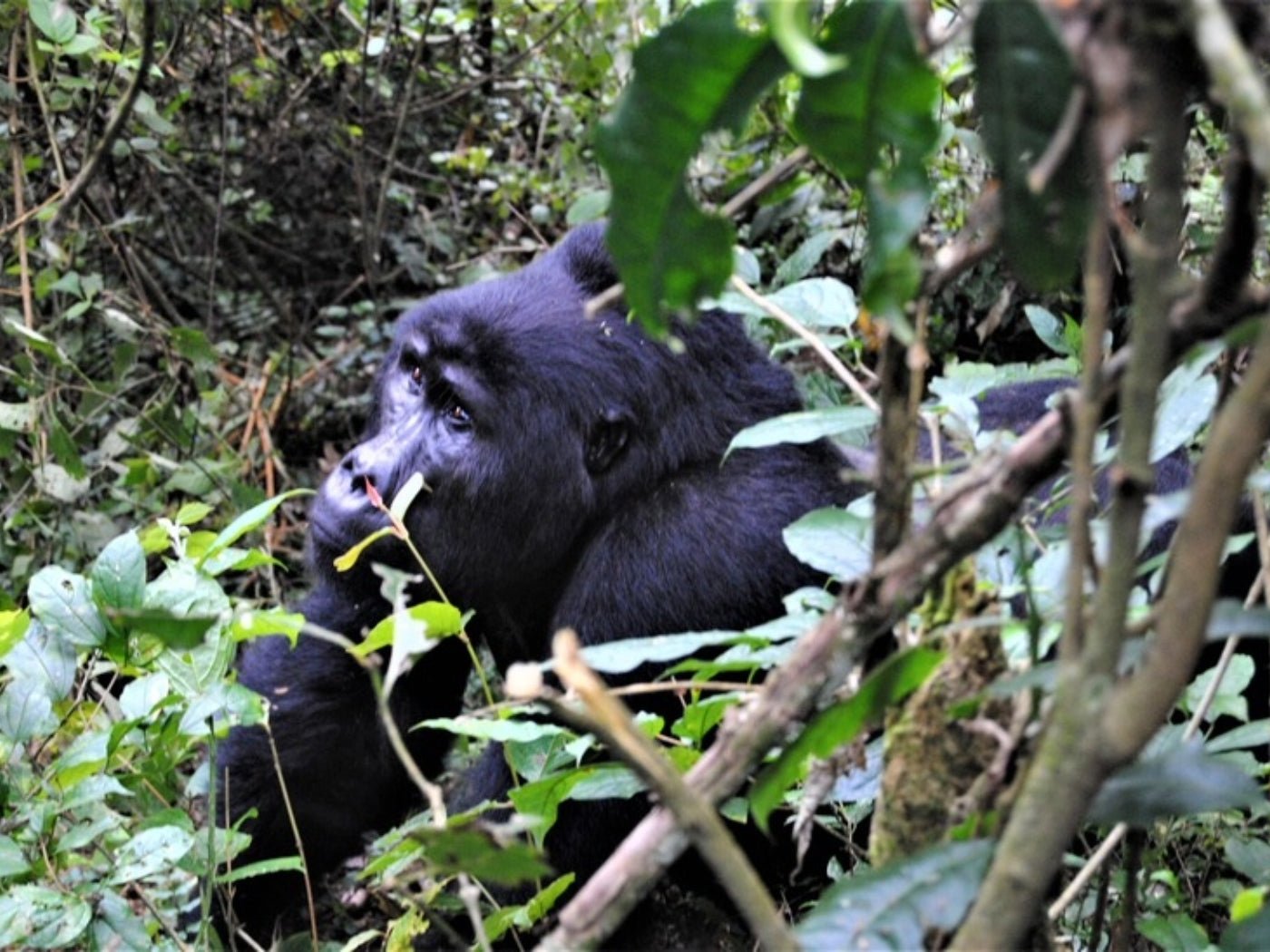Rwamutwe and his troop are thriving but conservation efforts need also to protect villagers. (Image by Ian Reid)
Rwamutwe is unfazed by his latest group of human visitors. The silverback leads this 14-strong troop of mountain gorillas, which is lunching on fruit and leaves in southwestern Uganda.
In the 1980s, Rwamutwe's predecessors were on the brink of extinction. Today, more than a thousand mountain gorillas are thriving across two remaining
African forest strongholds.
In 2018 they were officially downgraded from"critically endangered" to "endangered" due to environmentalists' efforts with local people.
Yet one of conservation's rare good-news stories is on the verge of becoming a victim of its own success. In the dense settlements around Rwamutwe's home in
Bwindi Impenetrable Forest, images of gorillas are everywhere: from shops and schools to matchstick brands.The oft-repeated mantra among locals is they are a good thing because they bring in money via conservation and tourist money. Kyomukama Kelen, a woman in Hamulindi village who has seen a free water supply installed near by, said: "I feel good about gorillas. We are gaining much because they are near.' But that goodwill is at risk from growing numbers of gorillas and people living in increasingly close quarters.

The gorillas' numbers will soon be revealed. Within months, scores of people should undertake the first gorilla census since 2018 here and in their other refuge, Virunga National Park across the border in the Democratic Republic of Congo (DRC).

when you are going to hunt and you meet a gorilla, that is a bad day. It's taboo [to kill them]." Werikhe said.
Accidental deaths happen. At St Peter's Rubuguri primary school, children still
sing,"They're the sadden days, lovely gorilla," over a poacher who four years ago killed Rafiki, a silverback that previously led Rwamutwe's troop.
The need to provide alternative livelihoods and reduce human-wildlife conflict is where conservation money comes in.
Charles Hakimana, 64, used to hunt all day in Bwindi. Today he spends four hours a day cultivating cabbages at the "reformed poachers' garden" funded by the group Fossey founded.
Uganda is a low-income country. Some people live in abject poverty. Families with as many as ten children are common, illiteracy is high and family planning is a work in progress, making it tough to accommodate more gorillas. That is why conservation money is being ploughed into schools, to bring solar power, water tanks and waterpumps.
"The surprise for me was that it was helping the communities that helps the gorillas," said Leo Gripari.
Born in Britain with Greek roots , he founded That Gorilla Brand, a "lifestyle conservation brand". Gripari and his wife Casey built after launching it from their kitchen table in 2018. Today, money the company raises from selling clothes is used to fund water and sanitation projects for thousands of people around Bwindi. It is second only to the UE as the biggest donor to theGorilla Organization.


